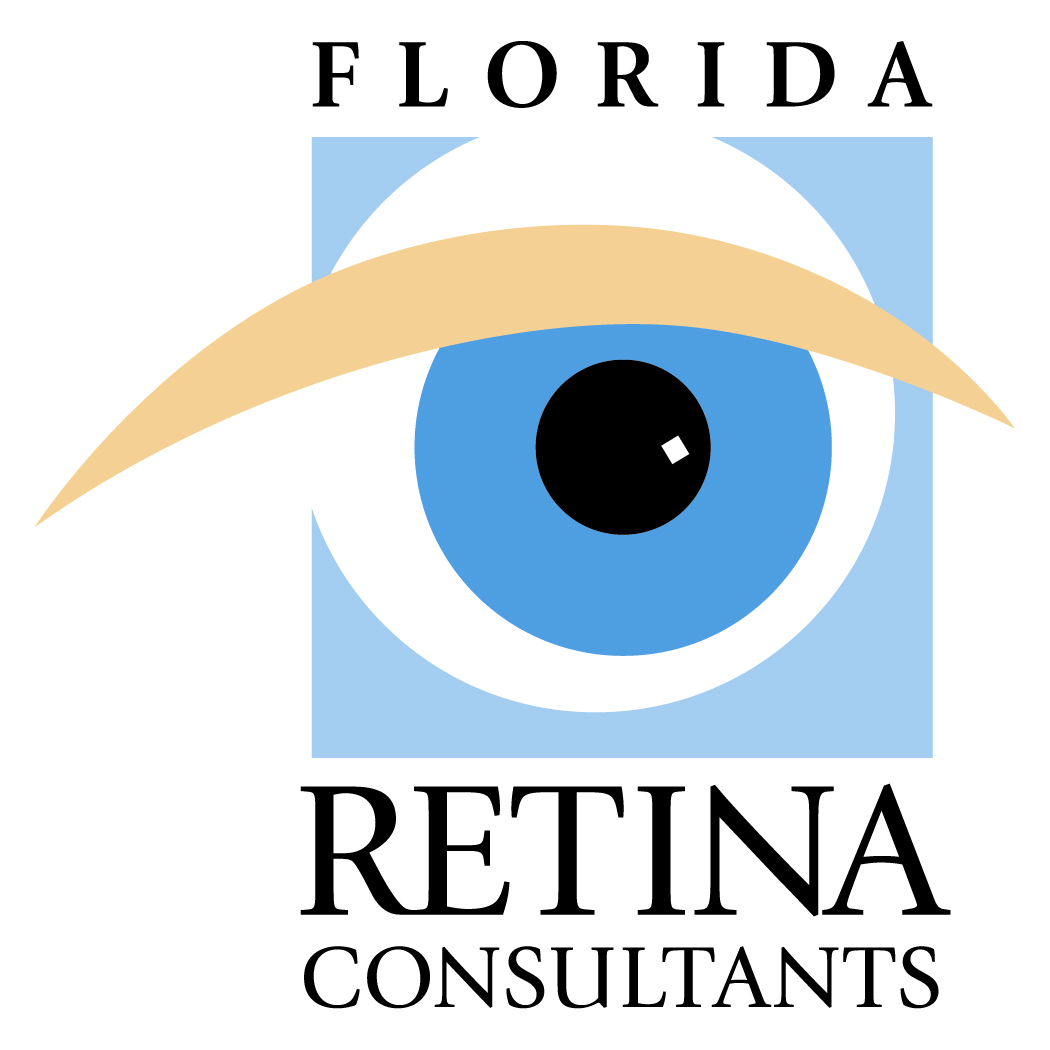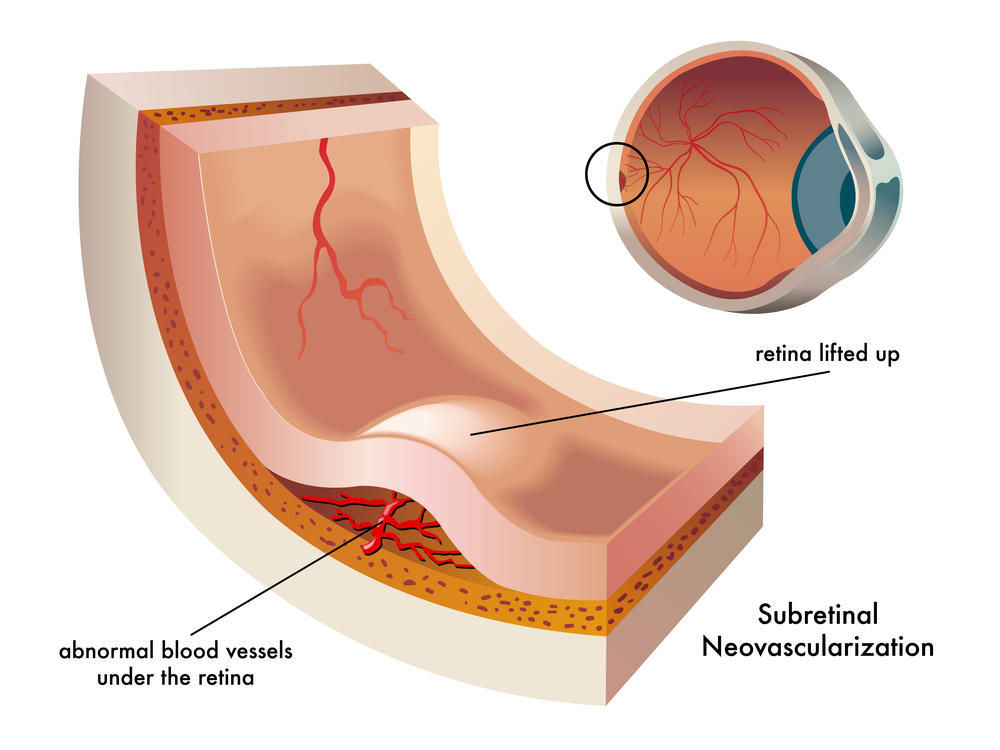Retina Specialists Prevent Blindness
If you have recently experienced a decrease or distortion of your vision, the problem could go beyond simple presbyopia, or ageing of the eye. Macular degeneration (also called age-related macular degeneration or ARMD) is a disease that affects about 11 million adults in the United States. ARMD is also the leading cause of blindness in the world. Fortunately, early detection and treatment can limit vision loss for many patients. Florida Retina Consultants is a leading clinic for ARMD treatment where you can receive excellent care and attention.
Symptoms of ARMD
The term macular degeneration refers to a highly sensitive area of the retina known as the macula. For reasons science does not yet fully understand, the macula breaks down, so that a patient begins to lose central vision. The disease is progressive and usually affects both eyes. Symptoms you might experience from ARMD include:
- Decreased vision
- Distorted vision
- Difficulty reading and watching television
- Difficulty making out road signs
However, what distinguishes ARMD from ordinary vision loss is that it affects the central field of vision while leaving your peripheral or “side vision” intact. You may perceive large gray areas, which we call scotomas, in your central field of vision.
Two Types of ARMD: Dry and Wet
There are two types of macular degeneration, which we call “dry” and “wet.” Although the symptoms are similar, there are important differences, especially when it comes to treatment options.
Dry ARMD — Also called non-exudative macular degeneration, dry ARMD is the most common form of the disease, accounting for roughly 90 percent of all cases. Dry ARMD progresses slowly, usually in both eyes, but does not typically cause the severe vision loss that comes with “wet” ARMD. As dry ARMD advances, it is referred to as “geographic atrophy,” a condition that may involve severe vision loss. Unfortunately, there is no current treatment for any form of dry ARMD.
Wet ARMD — Also called exudative macular degeneration, the wet form of ARMD accounts for only about 10 percent of ARMD cases. However, wet ARMD usually causes the most severe loss of vision. Wet ARMD progresses more quickly than dry ARMD, developing and affecting vision within days or weeks. Wet ARMD most often affects one eye, but can be present in both. The distinguishing trait of this disease is choroidal neovascularization, the growth of abnormal blood vessels within the layers of the retina. Various treatments for wet ARMD are available, as we explain below.
Diagnostic testing and treatment options for Exudative (“wet”) Age-Related Macular Degeneration
At Florida Retina Consultants, our certified specialists perform a range of diagnostic tests to determine if a patient’s vision problems are related to ARMD; These include:
- Amsler grid
- Dilated eye exam
- Fluorescein angiography
- Optical coherence tomography
- Retinal photographs
- Visual acuity testing
We are also able to present a range of treatment options for wet ARMD, which include:
- Anti-VEGF injections — Intraocular injections deliver medications such as Avastin® (bevacizumab), Lucentis (ranibizumab) and Macugen (pegaptanib) directly to the eye, which may improve vision and stabilize the eye, preventing or at least slowing further vision loss. Patients receive a series of injections, usually on an out-patient basis.
- Laser photocoagulation — One of the original treatments for wet ARMD, this process uses a laser to remediate abnormal blood vessels. Use of this treatment is limited, based on the size and location of the neovascular membrane. The downside of this treatment is the appearance of a large scotoma within the central field of vision. Treating the central macula produces a large grey spot or scotoma, which is permanent.
- Photodynamic therapy — After an intravenous (rather than intraocular) injection, the drug Visudyne accumulates in the abnormal, neovascular tissue. Contact with a “cold” laser converts the Visudyne to a substance that is toxic to the abnormal tissue.
- Vitamin supplements — There are no vitamins or supplements that are generally effective for wet ARMD. However, a high-risk subset of wet ARMD patients may benefit from vitamin supplements, based upon the AREDS formula, that may decrease risks of disease in the other eye. There is no expectation that vitamin supplements might improve the patient’s vision or halt the progress of the disease in the affected eye.
The effectiveness of any therapy depends on the overall health of the patient and myriad other factors.
Prognosis for patients with ARMD
The good news for patients with dry macular degeneration is that most do not suffer much visual impairment. But their mild to moderate vision loss may hamper reading and driving. Dry ARMD does not cause total blindness, since the peripheral vision is unaffected.
On the other hand, wet macular degeneration can cause significant loss of central vision, which may happen in mere days, weeks or months. Patients with wet macular degeneration are much more likely to suffer legal blindness.
Prevention of age-related macular degeneration
Research suggests that ARMD results from a combination of hereditary and environmental factors, but no specific cause has been found. This makes the onset of the disease difficult to predict or prevent. Neither vitamin regimens nor diets have proven effective, although National Eye Institute is currently conducting further studies (AREDS 2). However, we may be able to limit vision loss through early detection and treatment, which is vitally important given the danger that legal blindness can result from either wet or dry macular degeneration.
Consult our retinal specialists about your ARMD concerns
If you have experienced a sudden change in central vision, including persistent distortions, call
Florida Retina Consultants to schedule an appointment with a retina specialist. For your convenience, we have four offices serving Polk, Pasco, and Seminole counties in central Florida.

